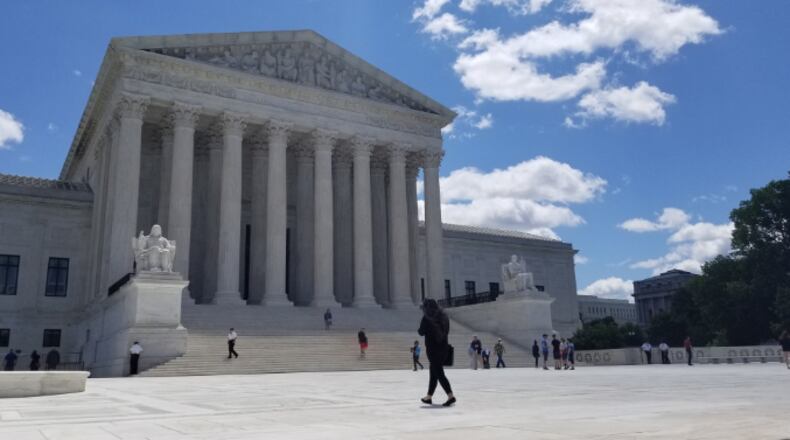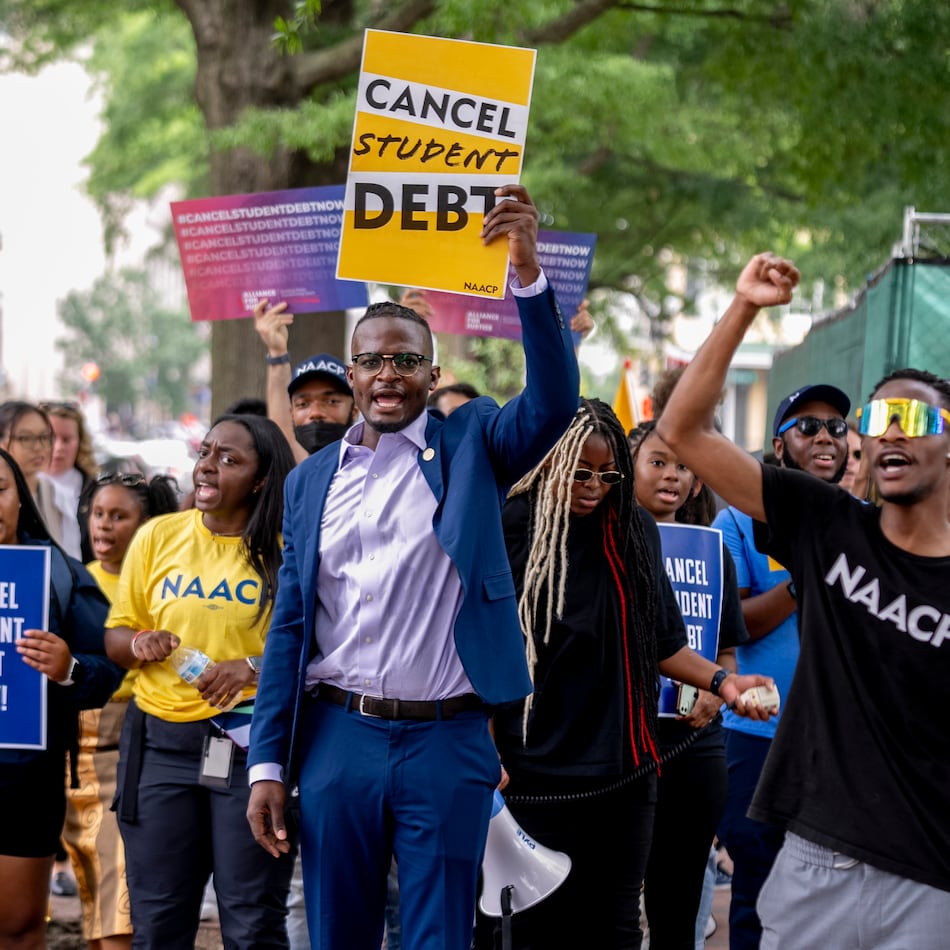In a pair of 7-2 decisions, the U.S. Supreme Court on Thursday ruled that President Donald Trump was not immune from state or federal investigations, as the Justices said New York prosecutors could proceed with subpoenas for the President's tax and business records, but made clear in a separate case that Congress would have to refine its document requests.
In both matters, the Supreme Court returned the cases to lower courts for further hearings, basically guaranteeing that no tax and business information will be turned over by the President's banks or accounting firm anytime soon.
"This is all a political prosecution," the President declared on Twitter as the rulings were published on the Supreme Court's website. "Not fair to this Presidency or Administration!"
But the arguments from the President's lawyers that he was immune from investigation fell flat with the Justices.
"In our system of government, as this Court has often stated, no one is above the law," wrote Justice Brett Kavanaugh in a concurring opinion. "That principle applies, of course, to a President."
While the two cases both were 7-2 decisions, the court's majority noted that the two dissenters - Justice Clarence Thomas and Justice Samuel Alito - both agreed that a President did not enjoy 'absolute immunity' as argued by the President's lawyers.
"On that point the Court is unanimous," the Chief Justice wrote.
In the first case, the Court said investigators led by the New York County District Attorney's office, were well within their power to subpoena the President's accounting firm.
"Article II and the Supremacy Clause do not categorically preclude, or require a heightened standard for, the issuance of a state criminal subpoena to a sitting President," the court's majority found.
"A President may avail himself of the same protections available to every other citizen, including the right to challenge the subpoena on any grounds permitted by state law, which usually include bad faith and undue burden or breadth," the Court stated.
In the case dealing with Congressional subpoenas, the same lineup of Justices basically chided both sides - finding Congress was seeking information in an unfocused, overly broad manner, and that the President's desire to block all information was not an acceptable legal answer.
"Congressional subpoenas for the President’s personal information implicate weighty concerns regarding the separation of powers," the Chief Justice wrote. "Neither side, however, identifies an approach that accounts for these concerns."
The ruling in the New York case can be found here.
The ruling in the Congressional case is linked here.
Both will be the subject of more litigation in lower courts.
About the Author
The Latest
Featured



